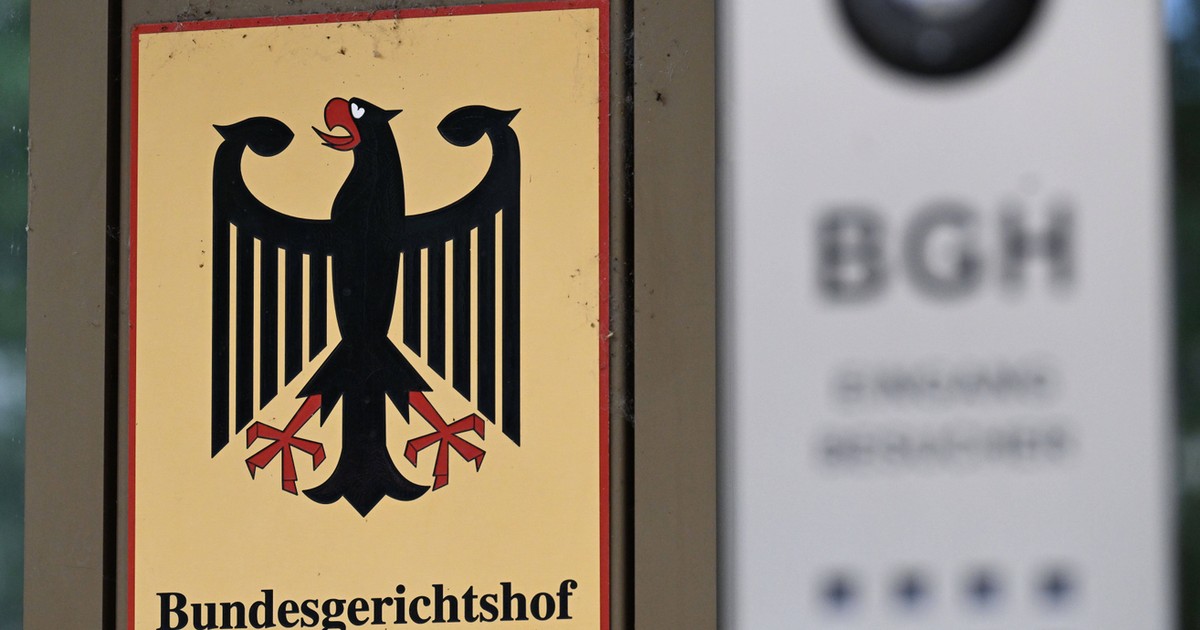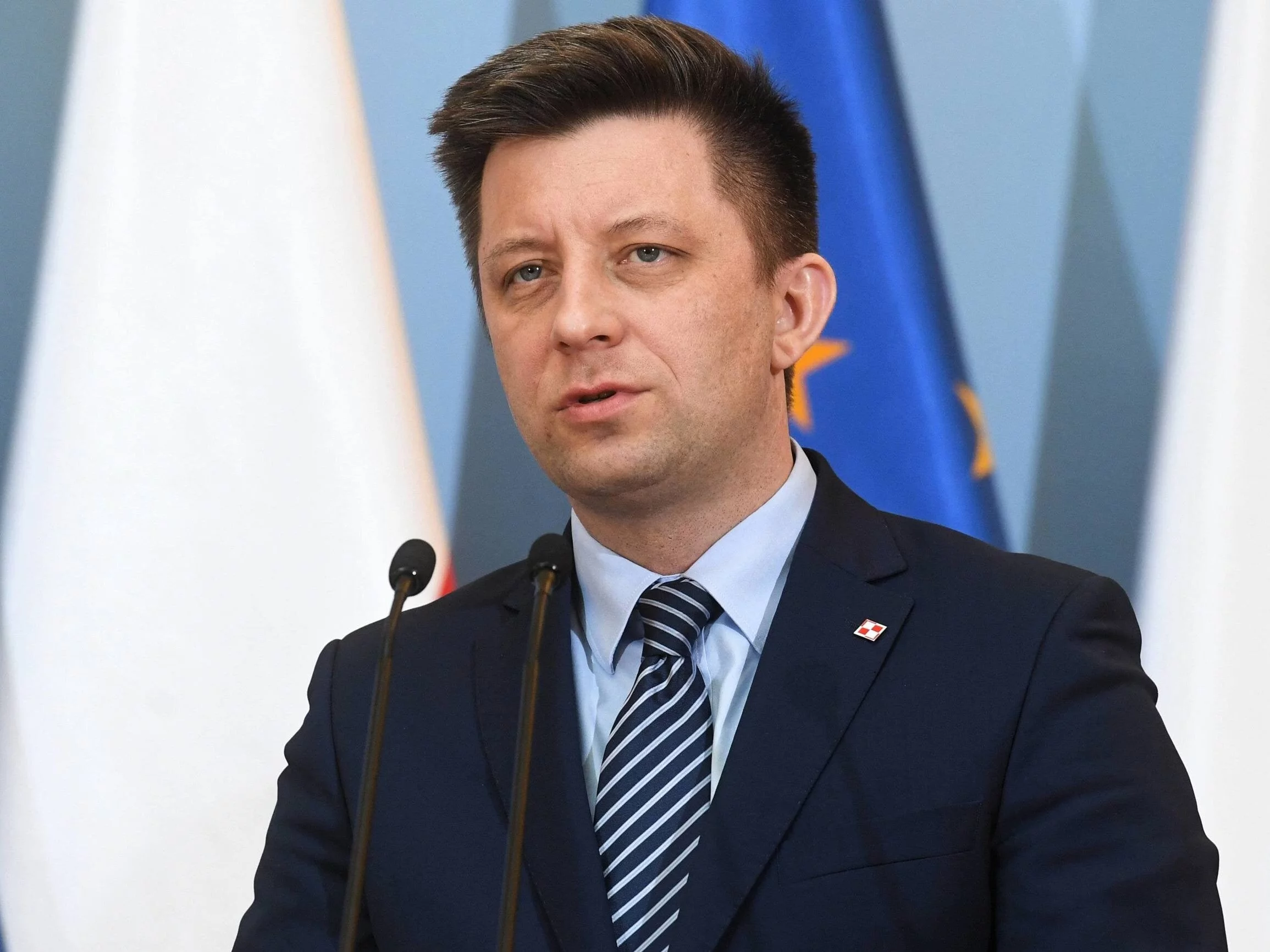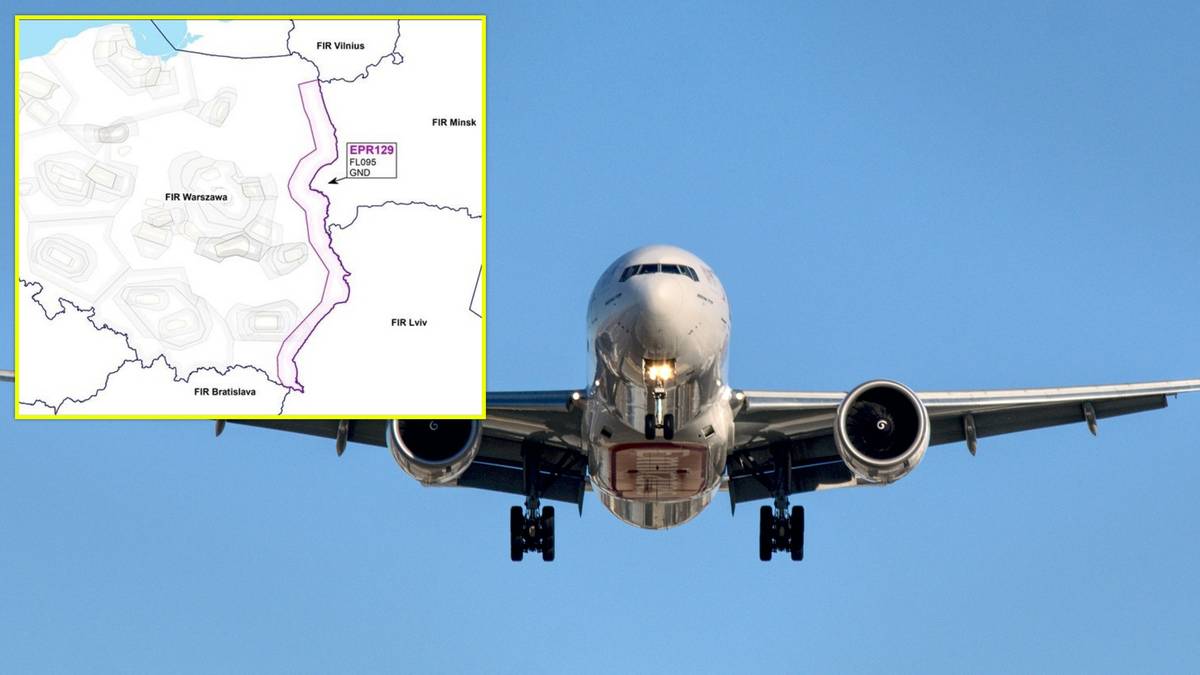

According to information provided by the German Mdr service, Ukrainian law enforcement officials requested the extradition of the man who came to Germany. In Ukraine, he was accused of threatening and physically bullying a police officer during a blood test at the hospital.
Following the initiation of extradition proceedings by Germany, the man opposed the return to Ukraine, arguing that in the case of extradition he could be called into the army.
According to him, he refused military service due to his conscience, due to the fact that he did not want to kill people, but with the start of a full invasion of Russia into Ukraine he was denied that right.
Court: Opposition to conscience is not an obstacle to extradition
The ultimate Court of Dresden asked the German national Court of Justice (Bundesgerichtshof) to clarify whether the extradition request could be taken into account in this case and the second replied in the affirmative.
The judges justified their position by stating that opposition to conscience is not an obstacle to extradition if the State has been attacked in violation of global law and so the individual afraid should anticipate a call for service.
The decision of the German national Court besides states that the right to object to conscience does not apply without restriction. The German Basic Law and the European Convention on Human Rights do not exclude extradition.
In early May 2024, the Minister of the Interior of the German Land of Hessen, a typical of the CDU Roman Pozek, first supported the return of drafts to Ukraine.












